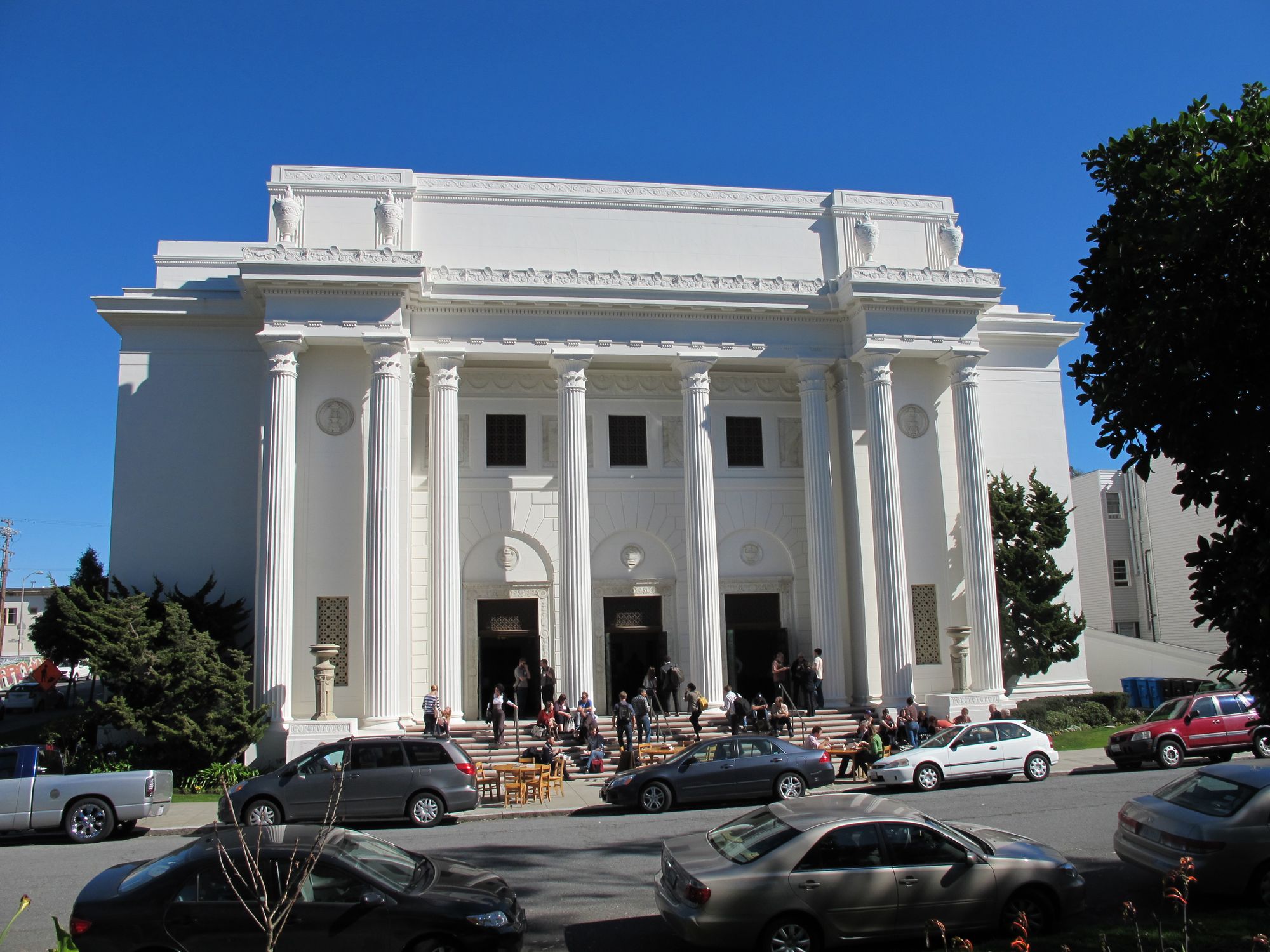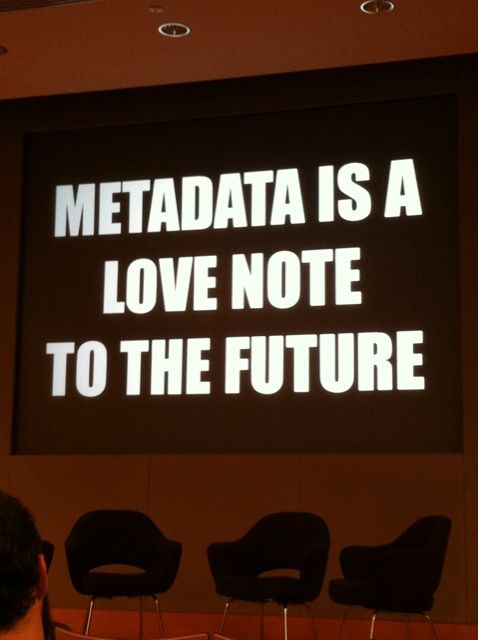
Today I am happy to announce an important milestone for the Rogue Scholar science blog archive. Starting November 1st, all blog posts from participating blogs will automatically be archived by the Internet Archive. Front Matter has signed a contract with Internet Archive to use their Archive-It service, and archiving will start in November.








